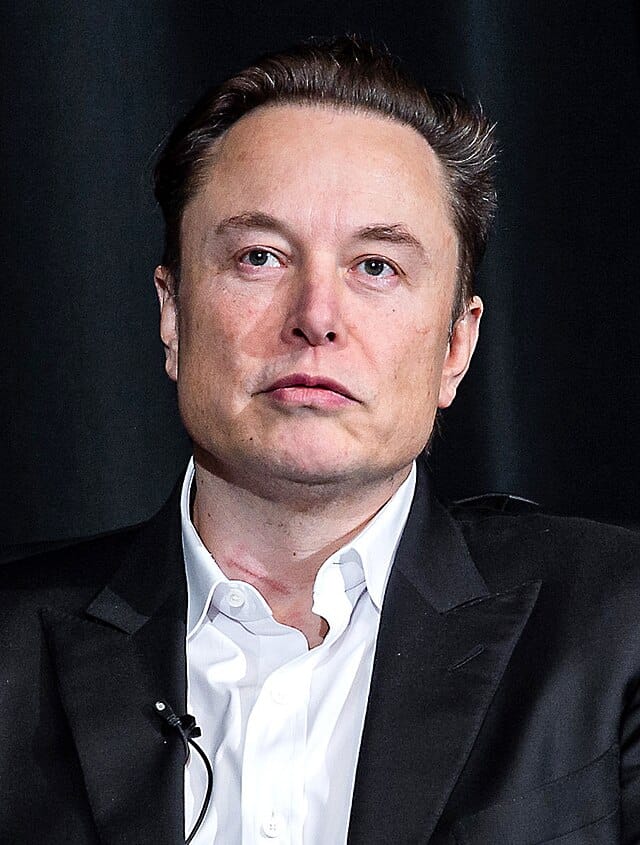Elon Musk's $45 Billion Pay Package Approved by Tesla Shareholders
After a contentious vote, Tesla shareholders approved a $45 billion pay package for CEO Elon Musk. This article explores the details of the package, the arguments for and against it, and its implications for Tesla and the broader debate on executive compensation.

In a significant victory for Elon Musk, Tesla shareholders have approved a colossal $45 billion pay package for the company's CEO. This decision comes after a contentious legal battle and shareholder vote, solidifying Musk's position as one of the world's wealthiest individuals.
The approval highlights both the confidence in Musk's leadership and the ongoing debate over executive compensation in the corporate world.
Shareholder Approval Amid Controversy
The shareholder vote, announced at Tesla's annual meeting in Austin, Texas, reaffirmed the company's support for Musk's record-breaking compensation plan. This outcome counters a January ruling by a Delaware judge, which invalidated the initial $56 billion award due to concerns over the board's independence and the process for determining the amount.
The pay package garnered sufficient support despite opposition from prominent shareholders, such as Norway's sovereign wealth fund, the California State Teachers' Retirement System, and proxy advisory firms Glass Lewis and Institutional Shareholder Services.
Tesla's board had warned that a rejection could lead Musk to dedicate less time to the company or potentially resign, emphasizing the perceived critical nature of his leadership to Tesla's ongoing success.
Musk's Wealth and Influence
The approved pay package, which includes stock options tied to specific performance milestones, further solidifies Musk's position as one of the wealthiest individuals globally, with a net worth surpassing $200 billion. This compensation plan is structured to deliver several rounds of stock options, allowing Musk to purchase approximately 304 million shares of Tesla stock once the company achieves certain targets.
Supporters argue that retaining Musk's leadership is crucial for Tesla's future success, as he has been instrumental in the company's rise to become the world's most valuable automaker. Critics, however, question the excessive nature of the package and its potential dilution of shareholder value.
Implications and Ongoing Debate
The shareholder vote is a referendum on executive pay limits and CEOs' influence over corporate boards. While some investors view Musk's compensation as well-deserved given Tesla's achievements, others raise concerns about the package's size and potential impact on shareholder returns.
The debate over Musk's compensation encapsulates broader issues within corporate governance, such as the role of independent oversight and the balance between rewarding success and ensuring fair shareholder treatment. Institutional investors like Norway's sovereign wealth fund and California's teacher retirement funds opposed the package, citing its excessive size and potential governance issues.
Moreover, the involvement of Musk's close allies on Tesla's board, including his brother, has sparked concerns about the independence of the decision-making process. This lack of independent oversight was critical in the initial judicial ruling against the pay package.
Arguments in Favor of the Pay Package
- Musk's Leadership and Vision: Proponents argue that Musk's leadership and vision have been instrumental in Tesla's growth and success, transforming it into the world's most valuable automaker. They believe he deserves compensation for these achievements and the substantial shareholder value created under his guidance.
- Performance Milestones: The pay package is tied to specific revenue, earnings, and market capitalization performance milestones, which Tesla has met or exceeded under Musk's leadership.
- Investor Support: Prominent investors like Baillie Gifford, Ron Baron, and Cathie Wood backed the package, believing it incentivizes Musk to continue driving Tesla's growth.
Arguments Against the Pay Package
- Excessive Compensation: Critics argue that the package's sheer size is excessive and represents outsized compensation even for Musk's accomplishments. Institutional investors like Norway's sovereign wealth fund and California's teacher retirement funds opposed it on these grounds.
- Board Independence: Concerns over the independence of Tesla's board, which includes Musk's brother and other close allies, in negotiating and approving such a large pay deal. A Delaware judge initially struck it down, citing this lack of independence.
- Shareholder Dilution and Profitability: There is a potential for shareholder dilution and a lack of focus on profitability if Musk is excessively rewarded with stock options.
- Divided Attention: Musk's divided attention across his various companies and projects, such as Twitter, could distract him from Tesla if he receives such a massive pay package.
Conclusion
The shareholder vote to reapprove Elon Musk's $45 billion pay package underscores the complex dynamics of executive compensation and corporate governance.
While many investors believe that retaining Musk's visionary leadership is essential for Tesla's continued success, concerns over the package's size and the independence of Tesla's board highlight the need for ongoing scrutiny and reform in executive compensation practices.
As Tesla navigates its future under Musk's leadership, the balance between rewarding performance and ensuring fair treatment of shareholders will remain a critical issue.




